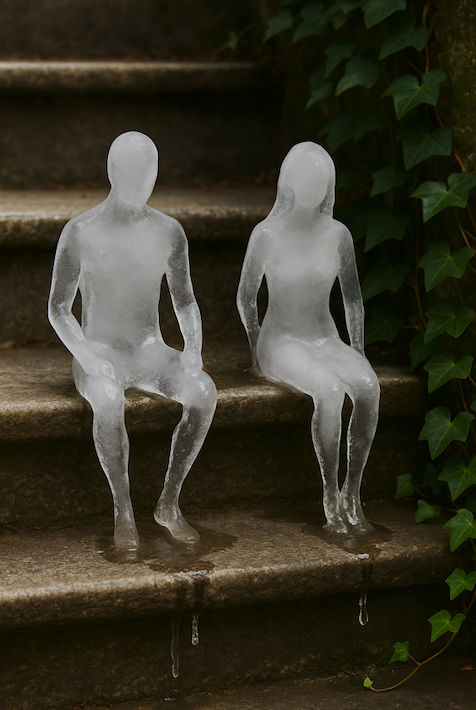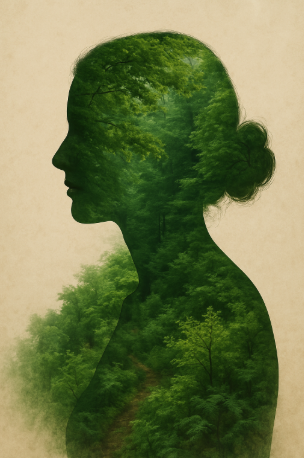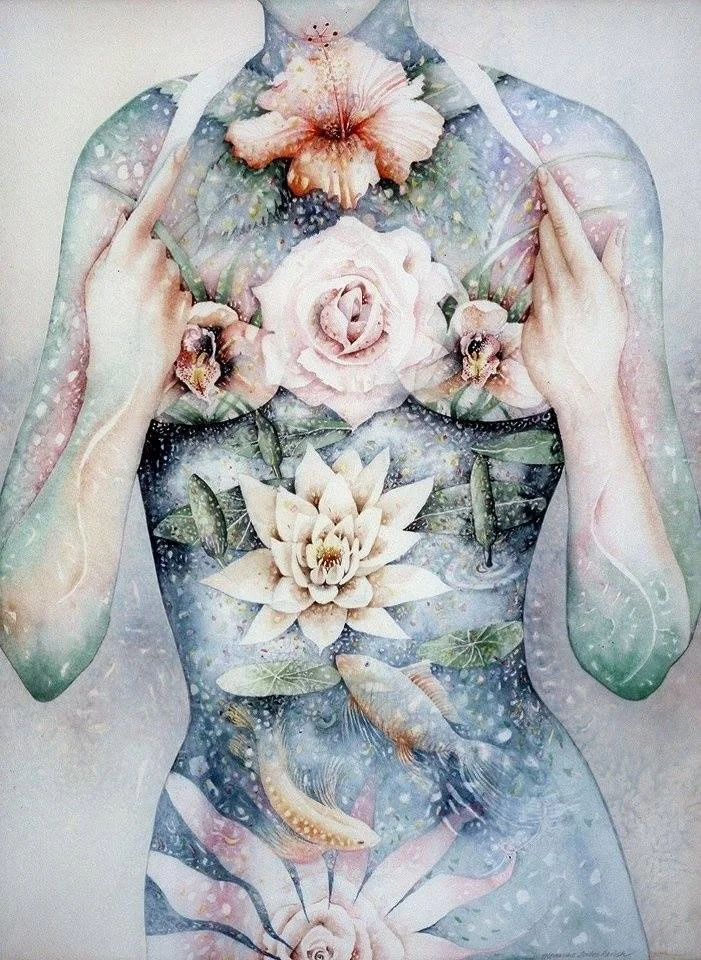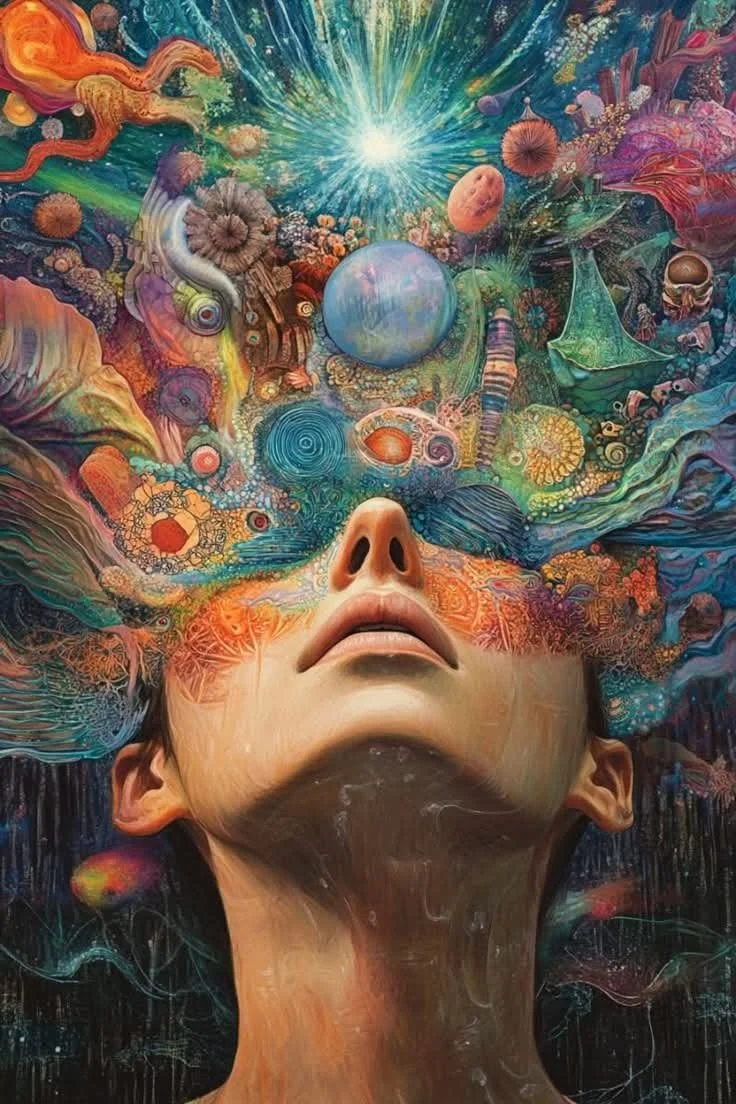We have all come across perfectionists at work and school. Colour coded folders, straight A’s at school, tabs marking parts of work, insane attention to detail, ‘zipped up’ emotional signature in the body. It can be all those things and perfectionism can also be relational and it can also be a person who cannot slow down.
Relational perfectionism is something I see a lot of in my practice and if I am being honest I suffered from this as well. It’s the good girl or boy conditioning. The scenarios that tend to foster it include being the eldest child and learning systemically to step into the role of being the responsible one, particularly eldest daughters. I also see it in people who grew up in emotionally unpredictable or overburdened households. The perfectionism of the good child becomes the way of managing the emotional climate, not the excellent school reports. Although they often are a byproduct of it.
Perfectionism of being the good child drives an unconscious desire to not be a burden to anyone. This looks like being low need, easy and not taking up space. Becoming emotionally self sufficient and managing your own emotions so no one else has to, being the emotional shock absorber in the family, being quiet about their own inner world or being agreeable even when you don’t agree. The unconscious survival strategy is when I am good, I am safe, but this type of perfectionism is self erasure. We make ourselves small to minimise impact on ourselves.
The over responsible eldest child is a very strong signature trait of relational perfectionism. We often believe we are responsible for others’ feelings, try to anticipate what people need before they ask, fix situations before they break and carrying emotional labour without realising it. We over function all the time.
All of this, whilst it looks different to what we typically think of as being a perfectionist in the work sense, is built on a foundation of feeling that safety comes when we are getting it right, not making waves, not being a burden to anyone and perfectly adapting to others needs. With that comes adults who carry the weight of the world on their shoulders, who feel guilty for resting and feel unsafe for having needs of their own. They over-function in every context of their lives, they are brilliant at sensing where others are at, but disconnected from their own needs.
The beauty of all of this is that it creates incredible gifts, when we heal our perfectionism by finding safety inside of us and develop more capacity within our nervous system to be with our survival responses, particularly fight and flight, patterns start to change.
The Gift of deep presence
Perfectionism begins as hypervigilance and when it matures it becomes attention. A perfectionist sees nuance that others miss, they notice tone, detail, texture and patterns. When healed it becomes exquisite attunement, sensitivity that becomes relational wisdom, the ability to read the room and a depth of presence that makes others feel seen.
It is the gift of the artist, the world builder and the healer; person who perceives the subtle.
The gift of craftsmanship and mastery
A survival strategy that becomes mastery. Perfectionists keep on trying and never stop until it is just right. When healed and they mature, they know their limits better and they also know that practice of any skill is what it takes to attain mastery in something. When the nervous system feels safe it becomes craft, refinement, the ability to dedicate one-self deeply and devotion to excellent rather than compulsion. This gift shows up in artists, strategic thinkers, therapists, dancer, writers and designers. People who bring beauty into the world with precision and care.
The gift of discernment
Perfectionists have the ability to spot what is ‘off’ because of their excellent pattern recognition skills. When healed this becomes, clarity, refinement, systemic intelligence, the ability to anticipate issues before they arise and an intuitive sense of knowing what belongs and what does not. This is a superpower in leadership, creative work and relational life.
The gift of integrity
The perfectionist child learned to do things ‘just right’ to stay safe. When healed this becomes a strong moral compass. It looks like reliability, follow through, integrity (words an actions aligned) and commitment to doing things well because it matters. This is when they become the leaders that other people trust.
The gift of commitment to growth
The childhood wound of “I must improve to be loved’ becomes a very different truth when it is healed. It looks like ‘I am devoted to becoming who I truly am’. We notice a willingness to self-reflect, a capacity for self-inquiry, extraordinary dedication to personal and relational growth and the ability to evolve through midlife rather than resist it.
The gift of responsibility (without being overly responsible)
Once the nervous system feels safe, responsibility gets held with clarity rather than self-sacrifice. It emerges as reliability without feeling they have to rescue everyone, care without depletion, leadership without martyrdom, boundaries without guild and the ability to hold complexity without collapsing. This is the mature version of a child who once had to hold too much.
The gift of vision
Perfectionists often see possibility and opportunity inside a mess. They can hold the vision of what something could become. When healed they have great capacity for strategic foresight, the ability to bring dreams into form and the ability to see the future shape of something. It is a world building gift that often amplifies at midlife when the soul ‘comes a knocking’.
When healing happens, when the nervous system feels safe the essence of perfectionism transforms into devotion. When perfection is no longer used as a survival strategy by the nervous system to protect oneself, it becomes devotion. Devotion to truth, beauty, integrity, craftsmanship, and to the soul’s unfolding. It brings capacity to care about everything in your world without abandoning yourself in the process.
Let me tell you something I know as a reformed relationship perfectionist. Perfectionism, healed, is the fire that tempers wisdom. Perfectionism becomes devotion when it is healed. When fear is metabolised and the fight response is able to be activated, when the nervous system feels safe and stops using perfectionism as an armour, it moves from compulsion into devotion and care. It is devotion to the truth, beauty and integrity. Devotion to our soul journey, to what is real and not performative. This is the mature fire, the fire that no longer consumes us with fear but illuminates us.
The fire of the wise woman and wise man.




















